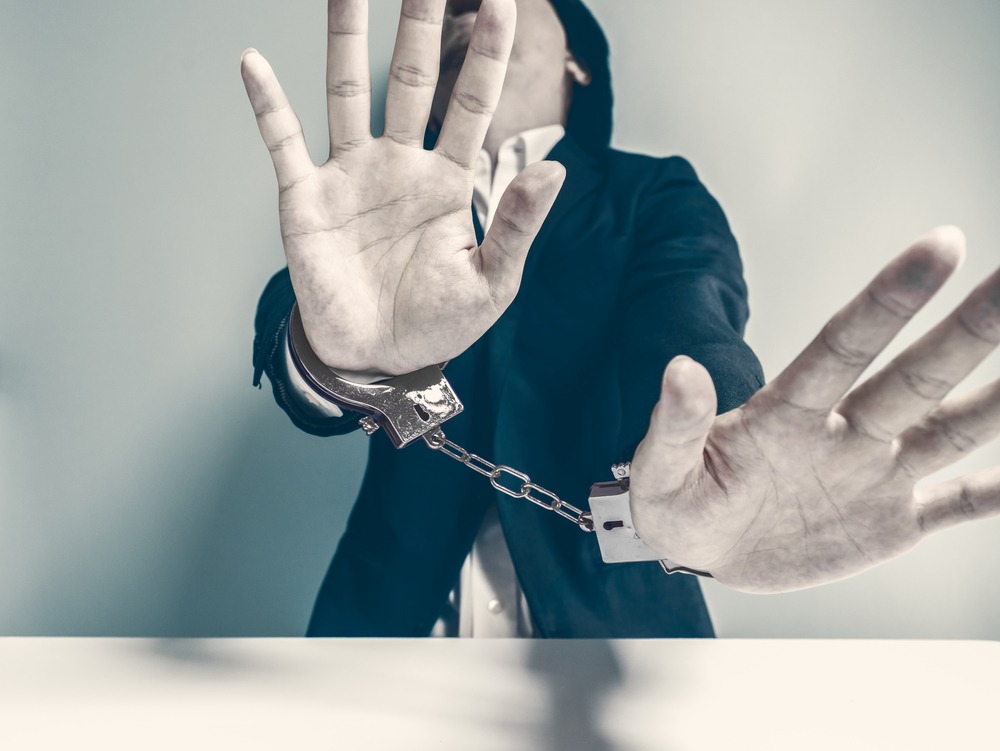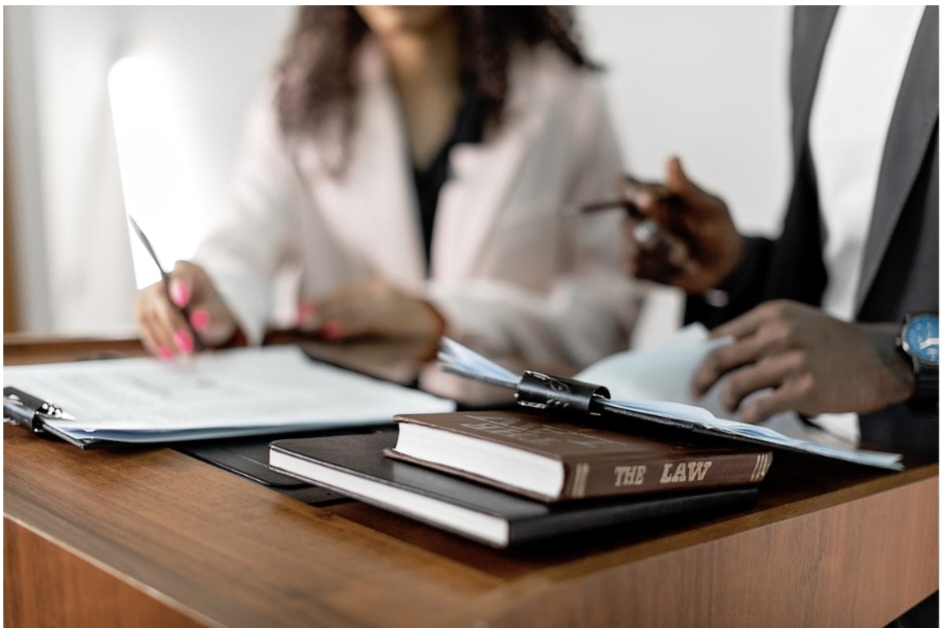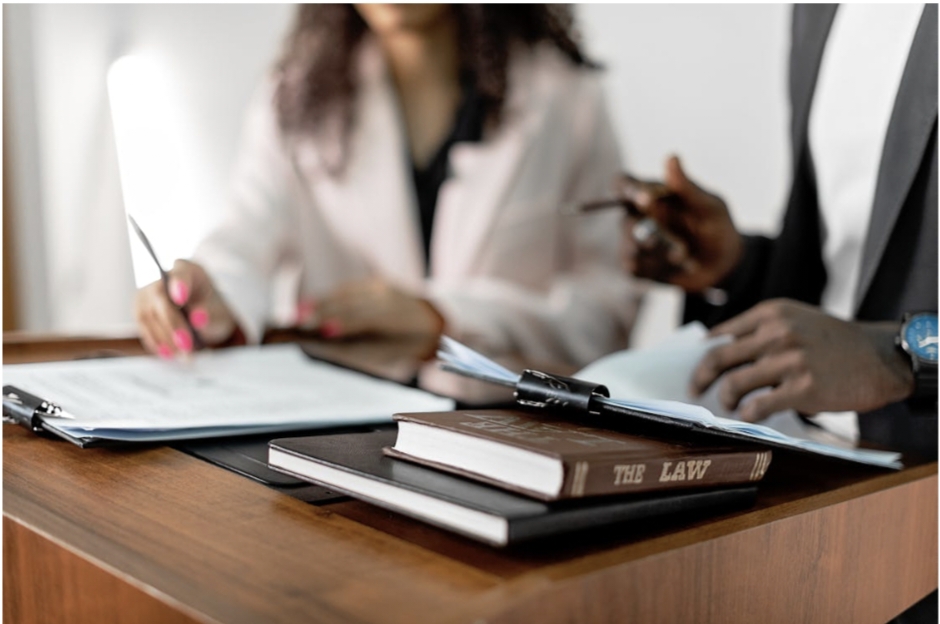Being falsely accused of a crime can throw your life into chaos. It’s scary and can leave you feeling confused and unsure of what to do next. Suddenly, you’re dealing with a legal system that feels like it’s out to get you. Even if you know you didn’t do anything wrong you still need to get a defense attorney and go through the legal system.
If you’re arrested, things can get even worse. Having a criminal record, even if you’re innocent, can stick with you for life. It can affect your ability to get a job or rent an apartment. Many employers check your background before hiring, and seeing an arrest could make it harder for you to find work. In this article, we will go over what you need to do if this happens to you.
1 – Talk to an attorney
If you’re falsely accused of a crime, the first thing you should do is contact a criminal defense lawyer. Whether you’re dealing with police questioning or possible charges, having a law firm like Pringle Law Criminal Defence on your side can make a big difference.
Even if the accusation doesn’t seem serious, having legal help is really important. A good lawyer knows how the system works and will protect your rights from the start. Without a lawyer, you might say or do something that could hurt your case later on.
At this point, you need someone who understands the legal process and can guide you. Your lawyer will tell you what to say, how to cooperate, and what steps to take to help your case. You’re not exactly trying to prove your innocence right away. You’re just making sure everything is handled correctly from the beginning.
2 – Don’t talk without a lawyer
One of the biggest things to remember is not to talk to the police without your lawyer. It might feel like you should explain everything right away, but anything you say could be used against you. Even if you’re totally innocent, you might accidentally say something that gets misunderstood or taken the wrong way.
You have the right to stay silent, and it’s smart to use it. The police might act like they just want to get the facts, but their job is to collect information, and they can use your words to help their case.
3 – Gather evidence
Once you’ve got a lawyer, it’s time to start collecting any evidence that can help prove you didn’t do what you’re accused of. The sooner you start, the better. Gather anything that shows where you were or supports your side of the story. Things like receipts, text messages, emails, photos, or even security camera footage are all very helpful. If anyone saw what happened and can back you up, make sure to get their contact info and share it with your lawyer.
It’s also helpful to keep a detailed record of what happened around the time of the accusation. The more information you can give to support your story, the stronger your case will be.





